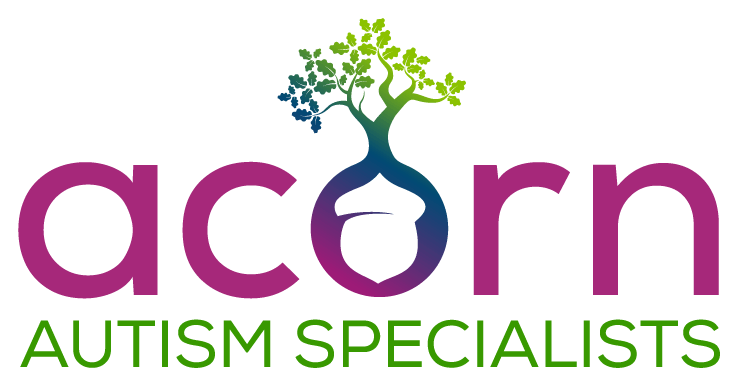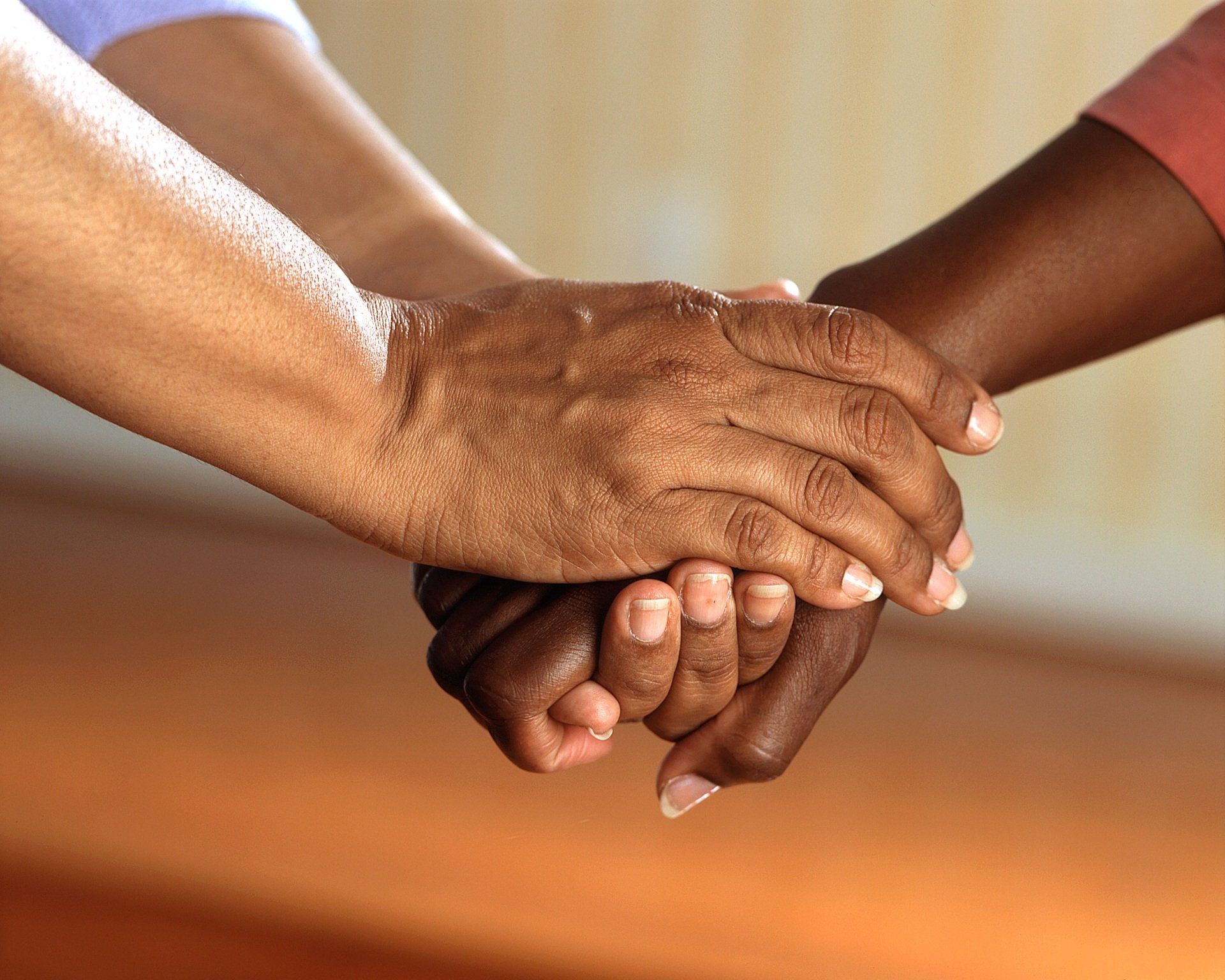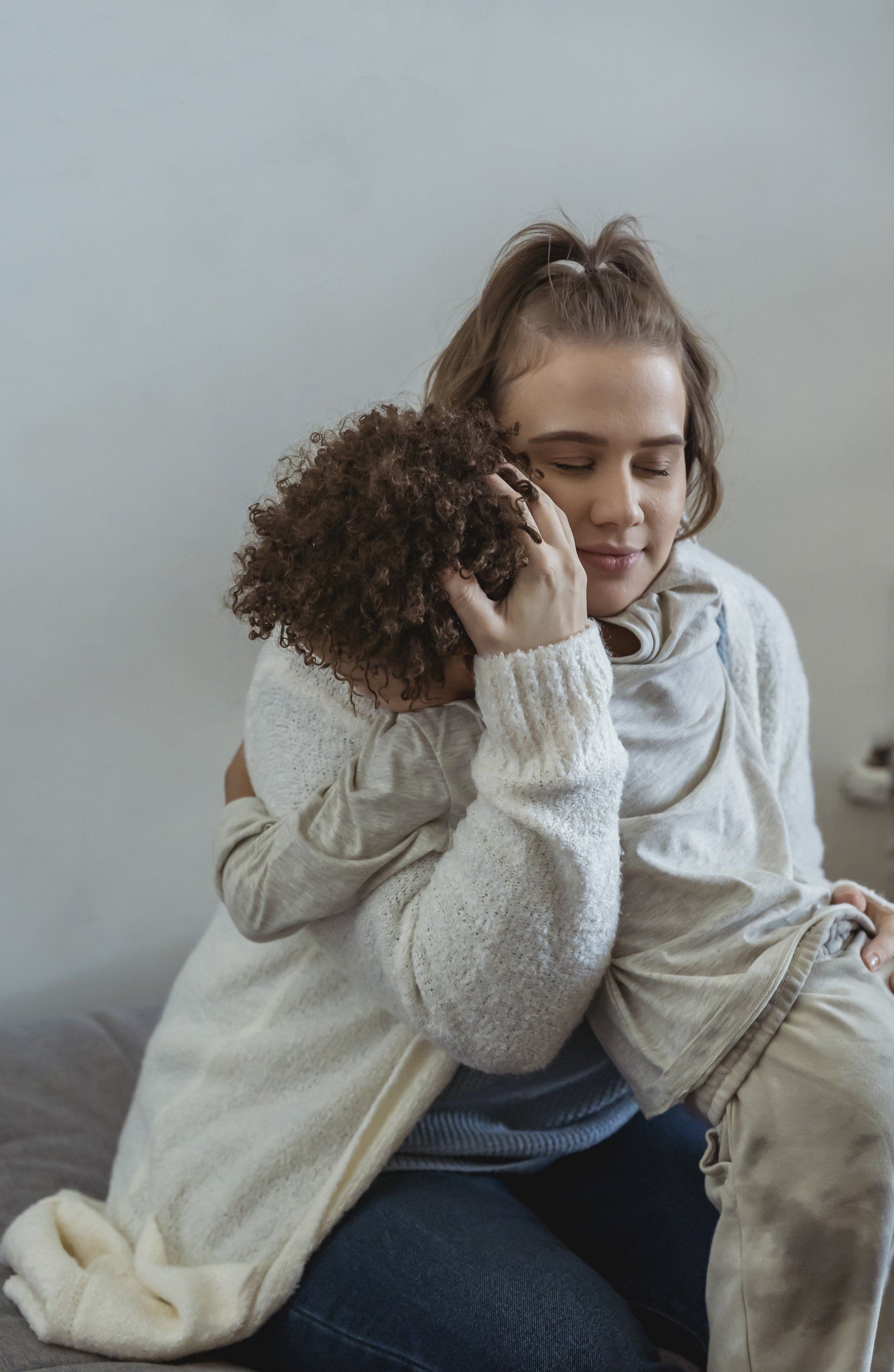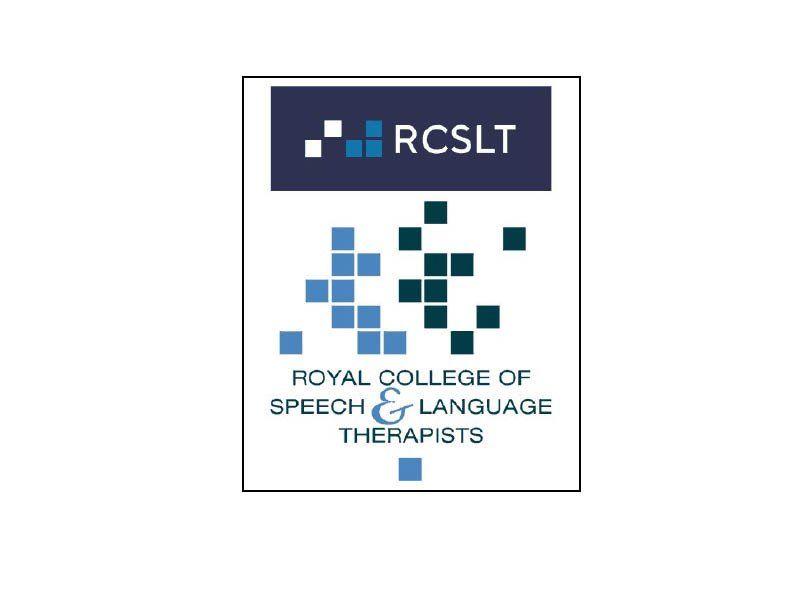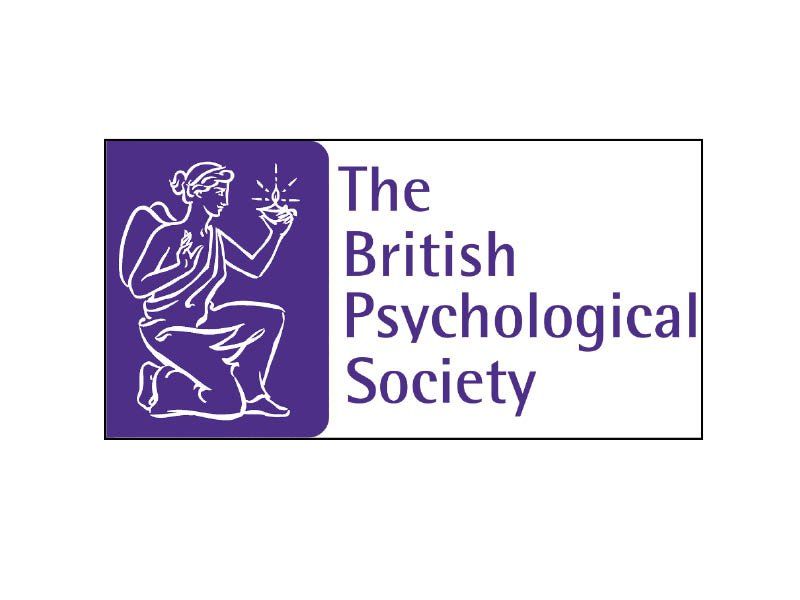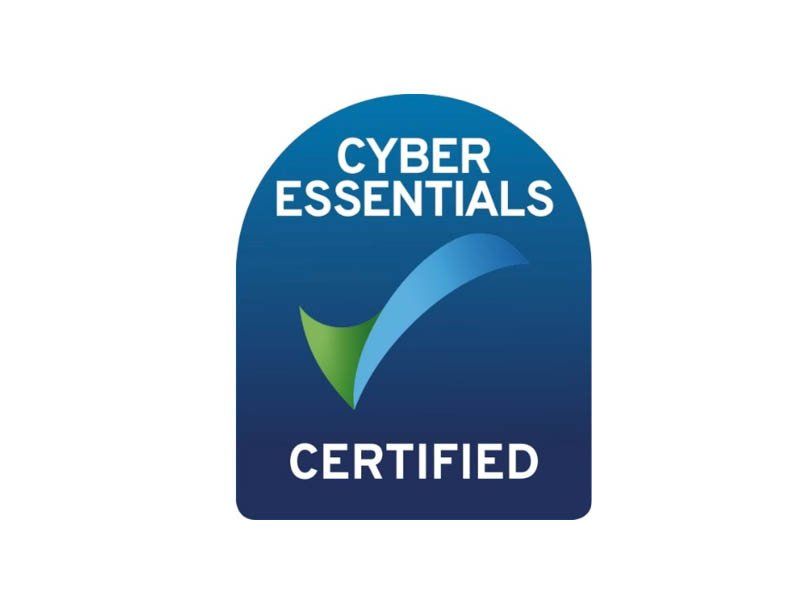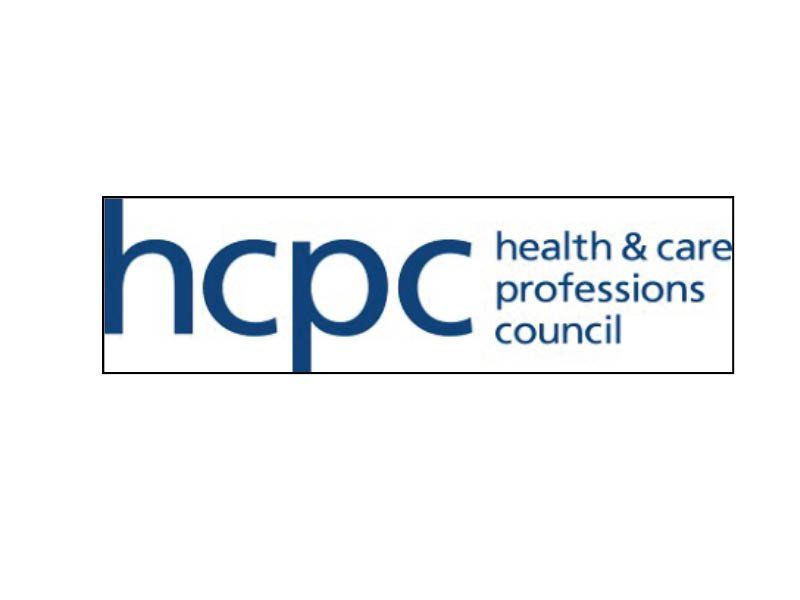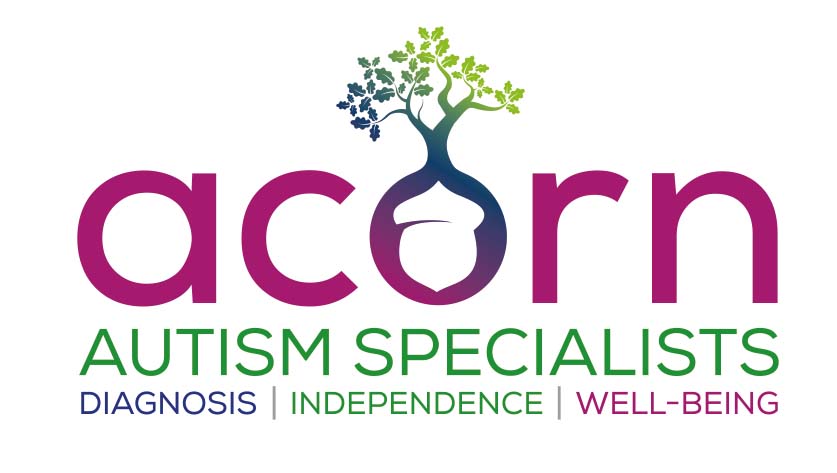Post Diagnosis Information
DIAGNOSIS | INDEPENDENCE | WELL-BEING
Newly Diagnosed with Autism
Some Guidance post Autism Diagnosis
Give yourself time
People react to a diagnosis of autism in different ways.
For some, it's a relief to find out why they or their child think, feel and act the way they do.
For others, it can be a shock.
Try to give yourself time to come to terms with the diagnosis.
Remember:
- help and support is available
- even if things are hard now, they can get better
- you or your child are still the same person as before
- autism is not an illness or disease with treatments or a "cure"
- autistic people have things they're good at as well as things they need help with
Find help and support services
You might feel alone when you or your child are first diagnosed.
But there are places you can get support.
You can get help from:
- local support groups
- national charities
- other autistic people or parents on social media and forums
- your school, college or workplace
- your local council
- your GP or the autism assessment team that diagnosed you
Listen to other people's stories
Some people find it helpful to find out about other people's stories of autism.
The charity healthtalk.org has:
- stories of autistic people
- stories of parents of autistic children
- stories of grandparents of autistic children
- stories of siblings of autistic children
You could also search online for autism blogs, videos or books.
Important
Remember, autism is different for everyone. What happened to other people might not be the same for you or your child.
Look out for other health problems
Autism is not an illness. But many autistic people also have other conditions.
These are not always checked for during an autism assessment.
See a GP if you have any concerns about your or your child's health. They can help you get any extra care you need.
Find out more about autism
It might help you and your family to find out more about autism.
There can be quite a lot to take in. You do not have to read everything.
You can get trusted information from:
- the NHS – for information about what autism is and advice for parents and carers
- National Autistic Society – for autistic children and adults, parents and carers
- Ambitious about Autism – for autistic children and young people, parents and carers
Help for families of autistic people
How autism can affect you and your family
Find help and support services
Having an autistic child can put a lot of strain on you and your family.
You might need to spend a lot of time helping your child get the support they need. This can be very stressful and exhausting.
It may be hard to make time for the rest of your family and can affect your relationships with each other.
If you feel you need help, you can get support from lots of places. Some helpful information can be found here
Things that can help you and your family
Do
- ask friends and family if they can help with day-to-day things or just be there to talk to
- get advice from other parents of autistic children or autistic adults – find out where to get support
- listen to other parents' stories – the charity healthtalk.org has stories of parents of autistic children, or you can search online for blogs, videos and books
- ask your local council for a carer's assessment – you might be able to get extra support and financial benefits
- think about doing a course for parents of autistic children – such as the EarlyBird course from the National Autistic Society
Don't
- do not feel guilty for taking time for yourself when you can – even just going for a walk on your own can help give you a break
Talking about Autism
It's your choice when you want to tell your child about their autism. Some parents do it straight away, while others wait until their child's a bit older. There is no right or wrong time.
When you tell your child, it may help to:
- do it when they're feeling calm or relaxed
- talk to them in a place where they feel comfortable, with no distractions
- explain they do not have an illness, but they might need extra support to help them with some things
- explain they might find some things harder than other people, and some things easier
- bring them to a support group to meet other autistic children
The
Autism Easyread guide from the National Autistic Society might help you explain autism in a way your child will understand.
Supporting your other children
Some children can find it hard if their brother or sister is autistic.
If you have other children, there are things you can do to help them.
Do
- make time for them whenever you can – try to do some activities with just them
- talk to them about what's going on and ask if they have any questions or worries
- let them have time on their own or with their friends – for example, sleepovers at friends' houses
- check the advice from Sibs, a charity for siblings of disabled children
Don’t
- do not be afraid to involve them in things like meetings with health professionals – it can help them understand what's going on
